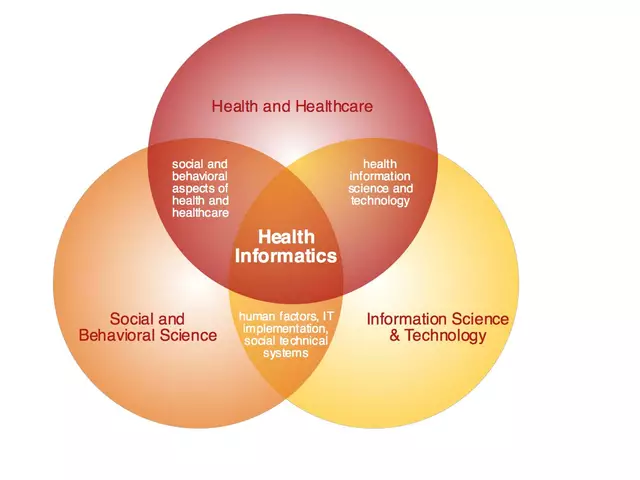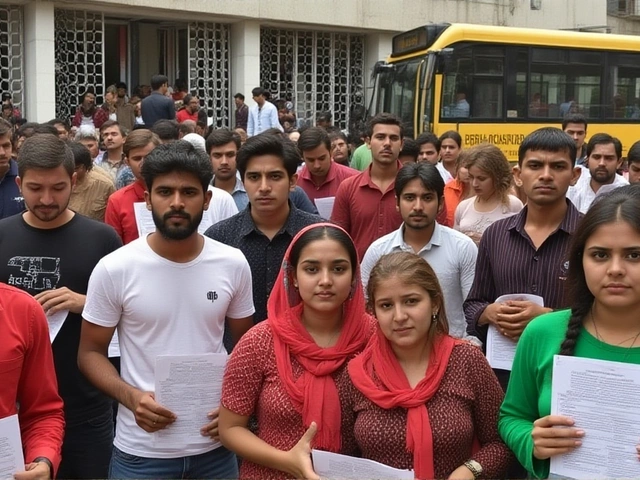The Reality of Health Care in America: Examining the Systemic Problems
The United States has long been touted as having the best health care system in the world. However, a closer look reveals that this isn’t necessarily the case. In fact, compared to other industrialized nations, the United States has an inadequate health care system that is plagued with systemic problems.The first problem is that health care in the US is incredibly expensive, costing more than twice as much as similar care in other countries. This is due to a variety of factors, including the high cost of prescription drugs, the high cost of medical procedures, and the lack of competitive pricing in the medical industry. As a result, many people are unable to afford the medical care they need and are forced to forego necessary treatments.
Another problem is that access to health care in the US is not evenly distributed. While some people have access to high-quality health care, many others lack access to even basic medical services. In addition, certain groups are disproportionately affected by this lack of access, including people of color, low-income people, and people living in rural areas.
Finally, there is an overall lack of quality in the US health care system. This includes a lack of preventive care, long wait times for appointments, and a reliance on outdated technology. This issue is compounded by the fact that many physicians are overworked and underpaid, leading to a decrease in the quality of care they are able to provide.
It is clear that the US health care system is in need of reform. Without drastic changes to the existing system, millions of Americans will continue to be underserved and unable to access the care they need.
Exploring the Causes of Poor Health Care Access in America
The United States is the wealthiest country in the world, yet its citizens are facing unprecedented challenges when accessing and affording health care. The causes of poor health care access in America are multifaceted and complex. This blog post will explore some of the key factors contributing to the challenges in accessing and affording health care in the U.S.One of the most significant causes of poor health care access is the high cost of health care in America. In the past decade, health care costs have skyrocketed, with no end in sight. Health care costs have risen faster than both inflation and wages, making it increasingly difficult for Americans to afford health care. This is especially true for people with low or moderate incomes, who often cannot afford the high premiums and deductibles associated with many health insurance plans.
Inequality is another major factor contributing to poor health care access in America. Low-income communities and communities of color often lack access to quality care due to systemic racism and inequality. These individuals and communities may not have access to the same resources and services that wealthier communities do, creating a stark difference in health care access between the two groups. Moreover, racial disparities in health outcomes are also linked to health care inequities.
Finally, there is a lack of affordable, quality health care options in many areas of the United States. Many rural and underserved areas lack adequate health care infrastructure, making it difficult for individuals to access quality care. This is especially true for those living in rural areas, who often must travel long distances to access care. In addition, there is a shortage of primary care physicians in the United States, which contributes to the lack of access to care.
These are just a few of the many factors contributing to the challenges in accessing and affording health care in the United States. It is clear that the current state of health care in America is inadequate, and much work needs to be done to ensure that all Americans have access to quality, affordable care.
How the Cost of Health Care in America is Negatively Impacting Patients
The cost of health care in America has been on the rise for years, and it's taking a toll on patients. Despite the fact that the United States spends more on health care than any other country, the quality of care is often subpar. This is due in part to the high cost of health care, which can make it difficult for patients to access the care they need.In many cases, patients are faced with the difficult decision of paying for a procedure or treatment that may not be covered by their insurance, or forgoing treatment altogether. Even if a patient does have insurance, the out-of-pocket costs can be prohibitively expensive. For example, a typical family plan in the United States can cost up to $20,000 per year.
The high cost of health care in America is also having an effect on the quality of care. Many hospitals and clinics are unable to afford the latest technology and treatments, leaving patients with an inadequate level of care. In addition, the high cost of health care has led to a shortage of primary care physicians, leading to long wait times and limited access to basic medical services.
Finally, the cost of health care in America is having a negative effect on those who are uninsured. Without the safety net of health insurance, the cost of medical care can be prohibitive for those who are unable to afford it. This can lead to medical debt, which in turn can have a long-term impact on a person's financial health.
The cost of health care in America is a serious issue and it's having a negative impact on patients. Until the cost of health care is brought down, patients will continue to suffer.
Uncovering the Unequal Distribution of Quality Health Care in America
Health care in America is a complex issue, and it’s one that has been receiving a lot of attention in recent years. Many people are asking the question, “How bad is health care in America really?”The unfortunate truth is that health care in America is not equal for everyone. Those with greater financial means are able to access the best medical care and treatments available. Those with less financial means are often left without adequate care. This unequal distribution of quality health care results in a wide disparity in health outcomes among different socioeconomic groups.
People of color, those with lower incomes, and those living in rural areas are more likely to experience poorer health outcomes than those in higher income brackets. This is due to a variety of factors, including limited access to health care services, lack of health insurance, and higher rates of chronic illness.
It’s important to remember that access to health care is not just a financial issue. Even those with adequate health insurance may not have access to quality health care. This is due to the fact that many areas lack sufficient providers to meet the needs of their populations. This can lead to long wait times, delayed treatments, and inadequate care.
The unequal distribution of quality health care in America is a major problem. It has serious consequences for individuals, families, and communities. To ensure everyone has access to the care they need and deserve, we must work together to improve the availability, affordability, and quality of health care in America.
The Effects of America's Health Care System on Low-Income and Minority Communities
The health care system in America is a complex and highly debated topic. While many people believe that the system is adequate and provides good care, there are still issues that exist that affect certain populations disproportionately. Low-income and minority communities are particularly affected by the health care system in the United States.Due to various financial and structural barriers, many low-income and minority families have difficulty accessing quality health care. This is especially true for those living in rural areas, where access to health care facilities and providers is often limited. Additionally, many low-income and minority families struggle to afford health insurance, leaving them with limited access to care.
The lack of access to quality health care can have a devastating effect on low-income and minority communities. Those without insurance often delay seeking care due to the high costs associated with it, leading to an increase in preventable illnesses and chronic conditions. Furthermore, research has shown that even when low-income and minority communities do receive care, they are more likely to receive lower quality care. This often results in poorer health outcomes and a greater risk of mortality.
The effects of the health care system in America are far reaching and can have a significant impact on low-income and minority communities. It is important to recognize these issues and take steps to ensure that all people have access to quality, affordable health care.





